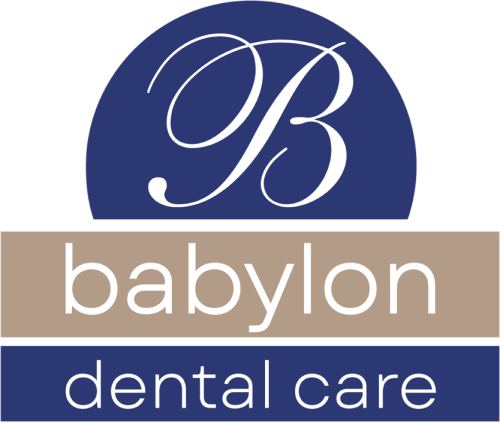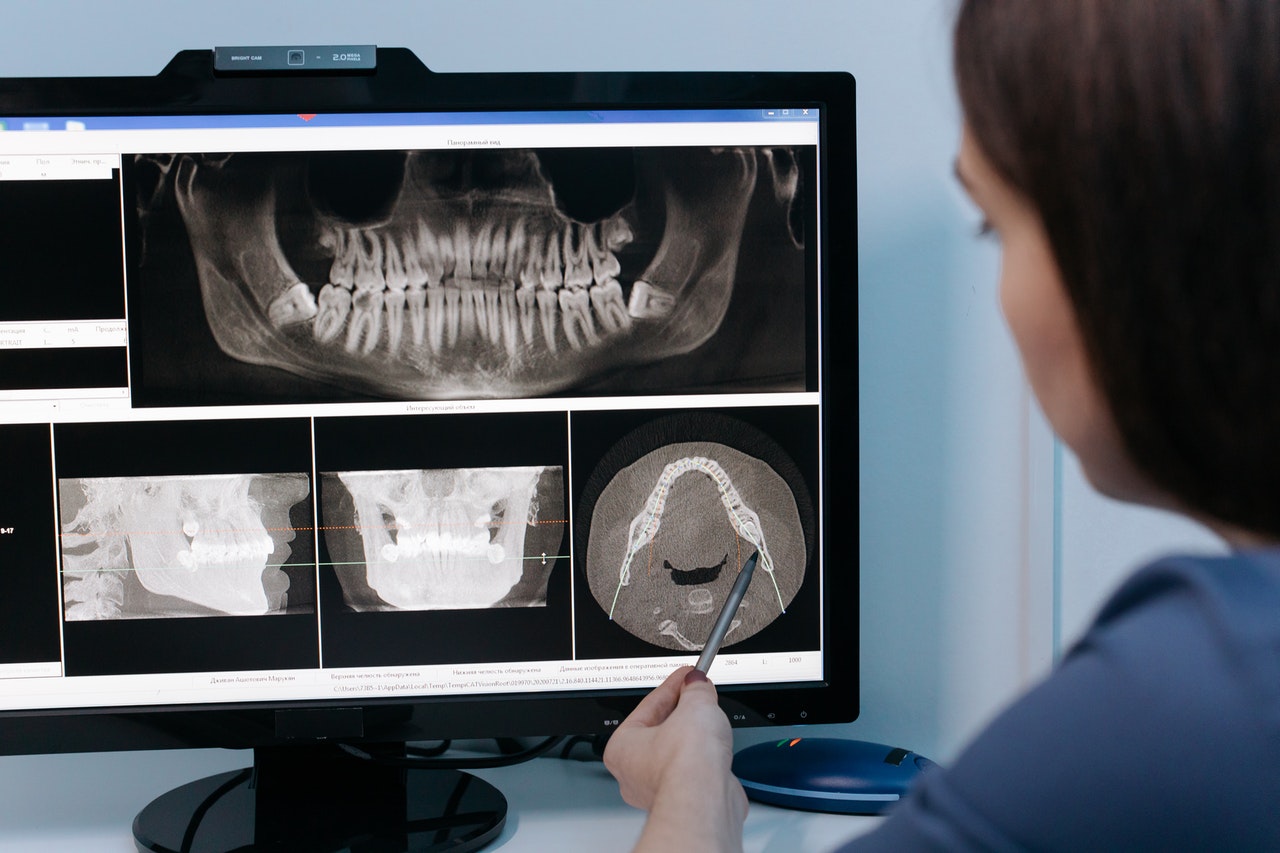If you go to the dentist complaining of a toothache, the first thing they will do is look at the tooth. Then, if your dentist doesn’t happen to have X-ray vision, they will give you an X-ray. This is just because tooth decay or diseases are not always visible to the naked eye. A lot is going on just under the surface.
So Why Are Dental X-rays Important?
Simply put, X-rays allow your dentist to see the whole picture. Everything from the condition of your teeth, their roots, your jaw placement, and even your facial bone composition becomes clear to a dentist’s eye with an X-ray. Often, when a problem is visible to the naked eye, it has become very serious and advanced. X-rays are a kind of early warning system for a dentist, and the benefit to you is a less involved dental procedure.
What Exactly Do Dental X-rays Show?
Some of the things X-rays can show are:
- Decay underneath fillings
- Areas of decay between teeth
- Any bone loss in the jaw due to periodontal disease
- Cysts or other types of tumors
- Abscesses
Types of X-rays
The most common types of X-rays are called bitewing, periapical, and panoramic X-rays. Bitewing X-rays can locate the beginnings of decay between teeth. A periapical X-ray is used to focus on just one or two teeth. When your dentist wants an image of your entire mouth, they will take a panoramic X-ray. Panoramic X-rays are helpful in identifying bone irregularities, jaw disorders, or cysts.
How Often Are X-rays Needed?
The answer to this question often depends on the state of your oral health. If your dentist monitors gum or dental disease progression, you might need an X-ray every six months. If you have no current dental issues, you may only need X-rays once every couple of years. If you are on your first visit to a new dentist, they might want to get a panoramic X-ray to assess the general state of your teeth.
Are Dental X-rays Safe?
It is reasonable to have concerns about the safety of X-rays. After all, high levels of radiation can be very harmful. X-rays, however, only expose you to very low levels of radiation. As a result, the harmful effects associated with X-rays are also low. That said, many patients ask for the protection of a leaded apron when getting X-rays. You can read what the American Dental Association says about X-rays here.
Prevention and Early Detection
The best way to prevent tooth decay is to brush twice daily and floss. A regimen of good oral hygiene can lessen the need for an X-ray. X-rays may not be very fun to get, but remember, they are an important tool for the early detection of a dental problem.
Call Us for a Checkup and Cleaning
Your team at Babylon Dental Care is dedicated to your oral health. Call us at (631) 983-6665 to schedule an appointment today.


